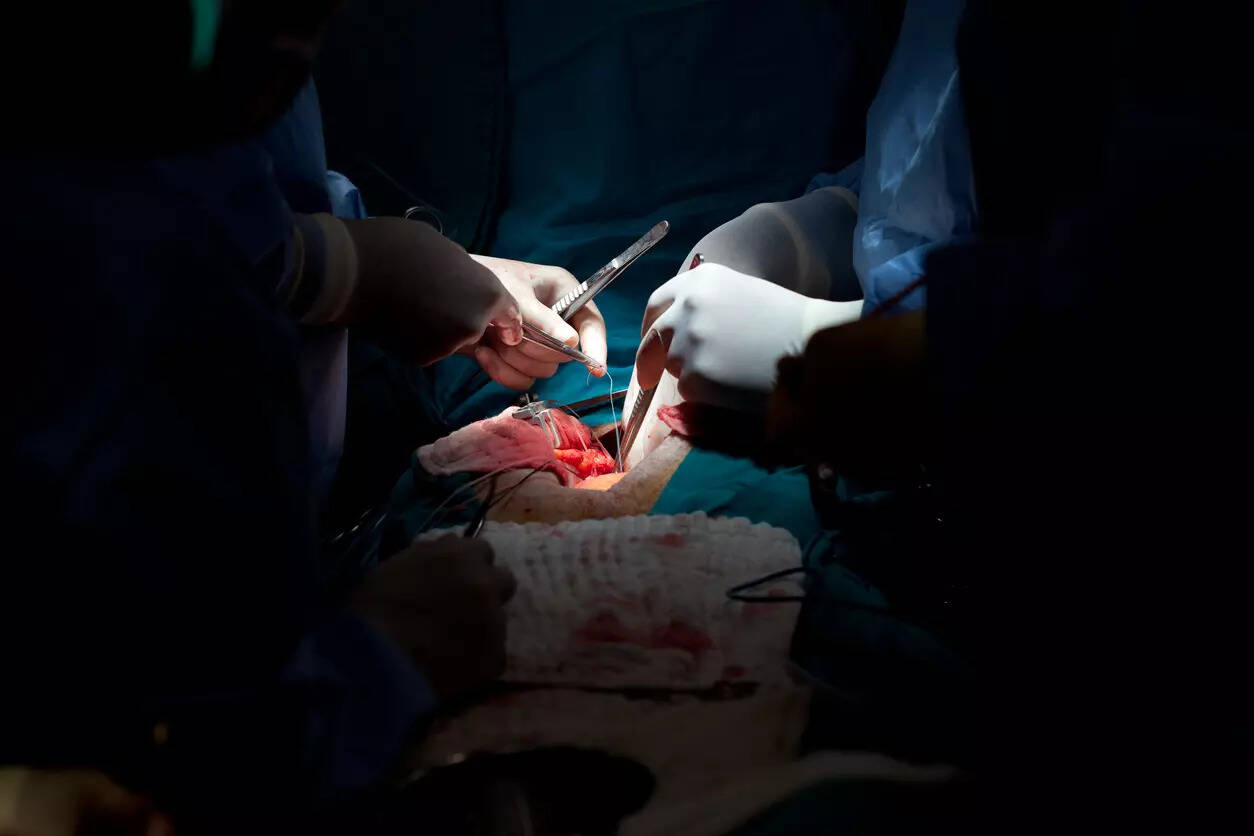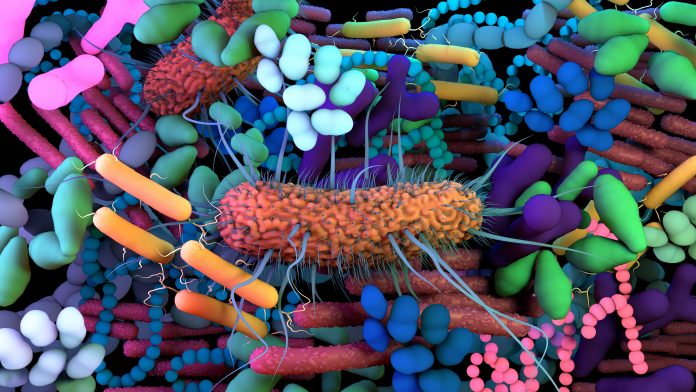An outbreak of measles in Mumbai has led to the Brihatmumbai Municipal Corporation carrying out a sensitisation programme to fight vaccine hesitancy, roping in religious leaders. Among them is Abdul Rahman Zeeyai, a maulana from the Darul Uloom Haji Ali Khan in Govandi, who uses loudspeakers to reach out to residents and tell them why they need to get their children vaccinated.
-
How important is it to vaccinate children?
As children, we have all taken these vaccines… all of us have a mark on our forearms. We never noticed any health complications. We always promote vaccination and believe in its safety. After all, scientists have spent years developing these vaccines.
-
Why is the vaccine hesitancy in Govandi so strong?
There are several reasons. A lot of rumour-mongering happens here — that the vaccine has side-effects, that it kills people. All of this is completely false and I tell them, look, I am still alive after taking vaccines. Also, illiteracy is an issue. People here don’t completely believe the authorities who come for vaccination — some of them believe the vaccines will harm the community.
Also, sometimes after inoculation, children develop fever and rashes, which adds to their suspicion.
But these are issues that have always been around. What happened this time is that during the pandemic, sensitisation programmes got neglected, leading to this outbreak.
-
What do you tell residents about vaccines and their safety?
We have taken up many initiatives. For instance, on Thursday (November 24), madrasa students walked from Rafi Nagar to Shivajinagar, holding placards that said, ‘Yes, we can defeat measles’ — in Marathi, English and Urdu.
After the Friday prayers, we spoke about immunisation and vaccination centres.
-
What are hurdles you have been facing?
Since I live here in Govandi, among these people, everybody knows me and listens to me. But there is still a lot of resistance to the vaccine.
-
What are the issues that people in Govandi face?
Govandi is a slum area with unhygienic living conditions, where families live along open drains. Diseases such as tuberculosis, malaria and dengue are very common here. Since it is near the Deonar dumping yard and the bio-medical waste plant, the air in the area is extremely polluted which affects the health of residents, especially of children. Also, a large number of children in the area have iron deficiency.










![Best Weight Loss Supplements [2022-23] New Reports!](https://technologytangle.com/wp-content/uploads/2022/12/p1-1170962-1670840878.png)




